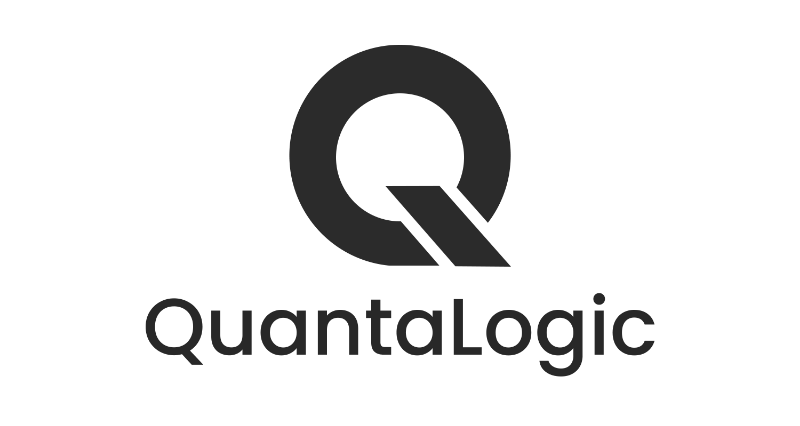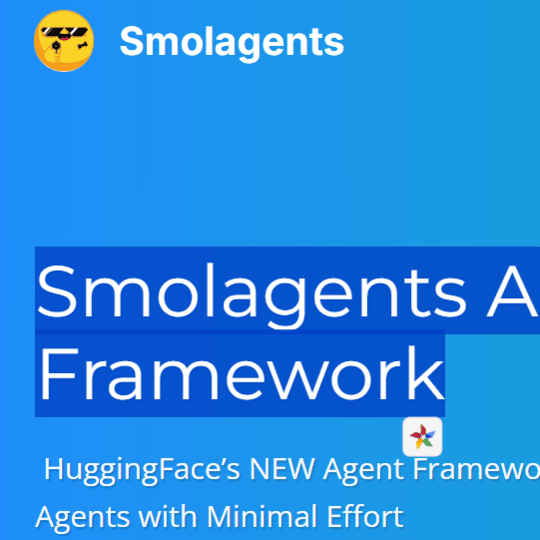Browse our elite collection of AI agents and build your digital workforce in minutes, not months.

A Platform for Efficient Code Editing, Search, and Real-Time Monitoring with Universal LLM Support

LAgent is an open-source framework that simplifies creating, training, and deploying AI agents for developers and researchers.

Open-source backend for creating stateful AI agents in 10 minutes, with multi-agent support and 100+ tool integrations.

Open-source AI agent framework for easy agent deployment with minimal code and seamless LLM integration.
Lightweight AI agent library for developing intelligent agents with secure code execution and seamless language model integration.
Top open-source AI frameworks include TensorFlow, PyTorch, Keras, OpenAI Gym, Hugging Face Transformers, and Apache MXNet.
Autonomous agents are AI systems that can make decisions and perform tasks without human intervention, typically using predefined goals and learning from their environment
They perceive their environment, process information, make decisions, and act based on those decisions, continuously adapting through learning and feedback loops.
An AI framework is a software structure that provides tools, libraries, and functionalities to build and deploy AI models and systems, simplifying development and integration.
A single-agent system involves one autonomous agent performing tasks, while a multi-agent system involves multiple agents that interact, collaborate, or compete to achieve their respective goals.
Benefits include faster development, reduced complexity, standardized approaches to building agents, and better integration with existing systems and environments.
They provide tools for learning from data, modeling environments, simulating actions, and evaluating outcomes, enabling agents to make informed decisions based on these processes.
Challenges include communication and coordination between agents, managing conflicts, ensuring stability in dynamic environments, and scalability issues as the number of agents increases.
Open-source AI frameworks provide free access to advanced AI tools, encourage community collaboration, offer flexibility in customization, and reduce the cost of development.
Autonomous AI agents can automate routine tasks, enhance decision-making, improve customer service, reduce operational costs, and allow businesses to scale efficiently.